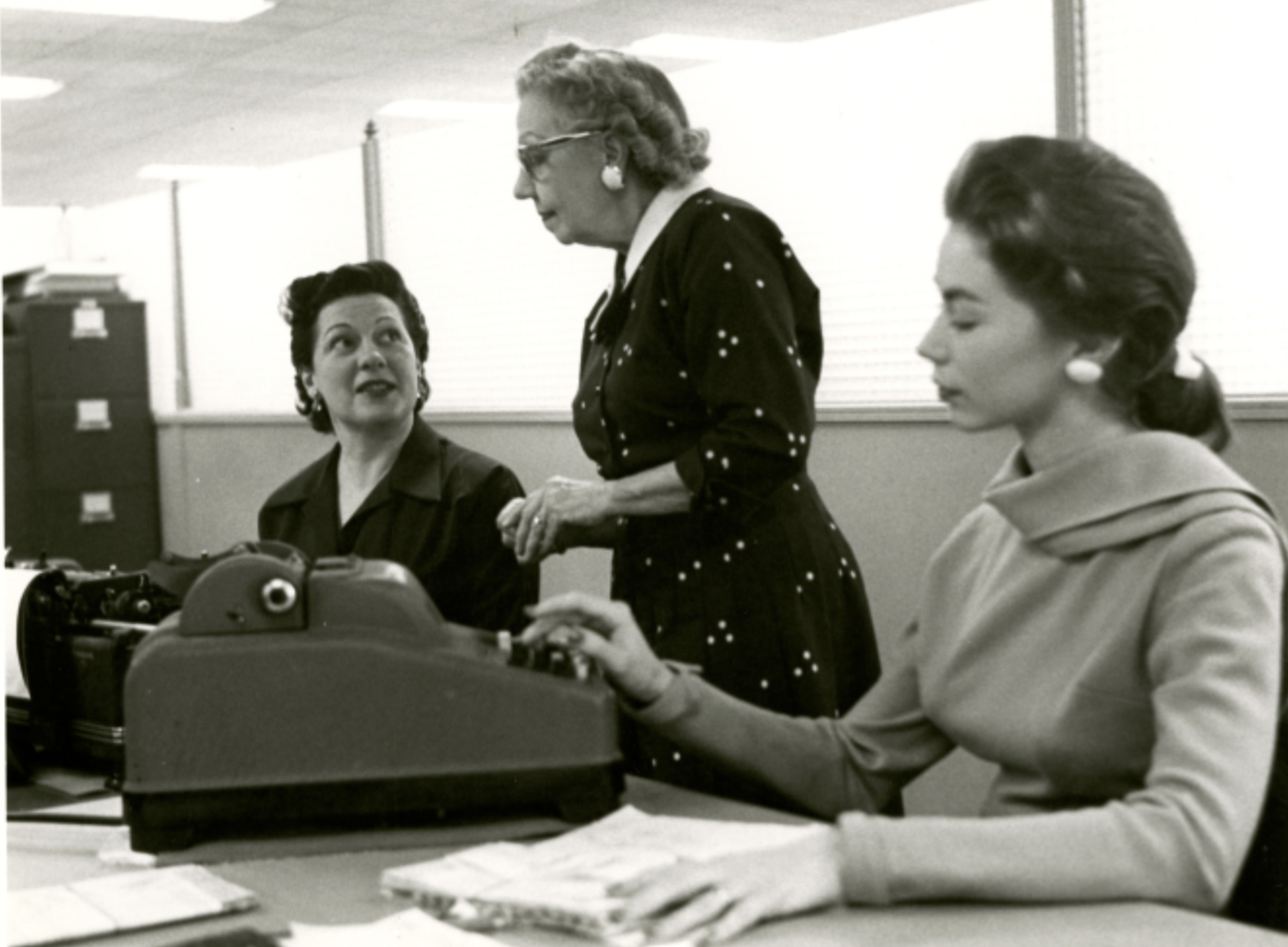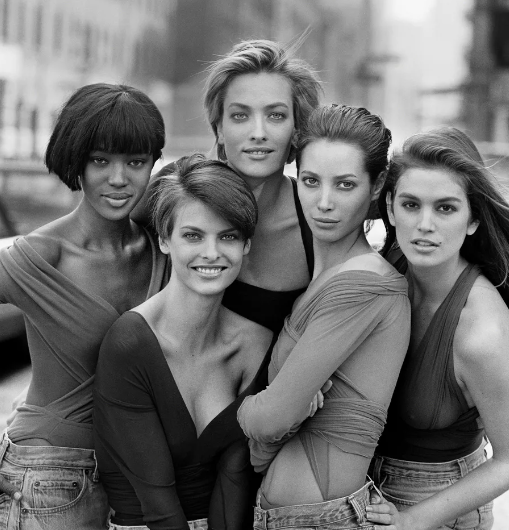The Habitual Side of Skincare
As a natural procrastinator in good health, creating rituals and having consistency with the things I know are good for me is a constant battle. One thing the past few years gave me permission to do was to explore forms of self-care I had previously found “basic” or for those who were standing on less solid ground than I. But a global pandemic really has a way of humbling you in more ways than one. So yes, I got into candles, Epsom salt baths, expensive body lotions, journaling, and a more intentional morning skincare routine.
Learning about skincare- something that previously felt vain -probably started with turning 30 and preventing wrinkles, though the exact moment I took it seriously is hard to pin down. According to Google Trends, the search term “skincare routine” has been steadily growing in use since 2014 and sharply increased in April 2020- a month after the lockdown began. My personal search history started with pointed problems to solve, like “best moisturizer for dry skin in winter” or “best anti-ageing serum” or “is CeraVe worth the hype?” Turns out it most certainly is. But my ambitions grew into optimizing my routine as a whole, and my search queries became: “best skincare routine for women in their 30s” and “Korean nighttime skincare regimen” (which I quickly decided was a time commitment I couldn’t commit to).
I wasn’t alone in my journey. “2021 saw a rise in the skinification of beauty. It was no longer enough to rely on primers and highlighters for a healthy glow; we wanted hardworking actives and hero ingredients to rejuvenate our skin at a more meaningful level,” Tish Weinstock recently pointed out in Vogue. Weinstock continues with expert predictions for 2022, which will see a minimalist approach to skincare, focused on effective ingredients, as a result of our collective broadening of beauty knowledge. Things like anti-inflammatory skincare, strengthening the skin as an organ to respond to internal or environmental triggers or alternative Vitamin A derivatives to Retinol that are less irritating.
The sophistication of my skincare routine and how I found products was an organic process, a spiderweb of new sparks that piqued my interest and became interconnected as I dove deeper into this community of fellow students. New discoveries led to new questions and I swapped products for better ones as I gathered new information and new evidence. My 7:30 am became a practice in the scientific method, taking note of when my face looked the best, what helped keep my skin moisturized all day, and the Sephora samples I could actually afford. But the observations that interested me most were the intangible measures I used to determine which products were the “best”. I soon realized it became about the texture of my moisturizer, the scent of my face oil, and the packaging of my cleanser that kept something on or off the bench.
Another observation I made in parallel was my TikTok algorithm and the incessant billowing of entrepreneurs and content creators giving 30-second advice clips on what small changes you can make to be successful or how to become “that girl”. It’s a real mind fuck for those of us who use social media to self-soothe or disassociate, beating ourselves up for not acting on what we want and see others doing. We think “It sounds so easy- why aren’t I doing these things? What’s wrong with me?”
The truth is, the action doesn’t come from intention alone. We have to be motivated to act as well. And where does motivation come from? How we’re feeling. But it’s much more complicated than that because our feelings are guided by our thoughts, which are triggered by things happening to us, which are coloured by our past experiences. For example, if you drop your cell phone in a puddle and think “WTF? Why does this shit always happen to me??” it may come from a belief that you’re cursed or unlucky because of a string of shitty things that may have happened to you in the past. After your phone becomes dysfunctional and you think it’s because you’re meant to be miserable, of course, you’re going to feel miserable. And what’s the likelihood that you’ll turn it around and be productive after that?
The brain doesn’t like growth either, making being motivated even harder. “Your brain does not want you to take action toward your goals,” says Whitney Uland, an actor, producer and certified life coach. “In fact, it doesn’t even want you to have goals. Your brain does not want you to dream big or to hope for something better. You can expect any time you have a new idea your brain will want to shut it down because something better would be something different and your brain thinks that something different equals dangerous. Your brain would rather you stay exactly where you are because it knows that exactly where you are is safe.” So if we want to stay motivated and work towards our goals, we have to out trick our tricky little brains.
At the beginning of building a new habit you know will help you achieve a goal, you have to be a little crazy and believe something that isn’t true. You have to behave like the version of you that already has the thing you want. You have to think “I’m a person who works out every morning” or “I’m so hot” to get your ass in the gym in the first place. But because our brain is tough to trick, we can’t believe something that’s too far from the truth. It knows we’re lying to ourselves. We have to coax our brains into the new belief and find little pieces of evidence here and there until one day it’s just reality. That’s where a pair of high-waisted compression leggings in a cute print can help. If you look hot in them, it’s easier to believe “I’m so hot,” and feeling hot will make it easier to get excited about going to the gym.
This is all easier said than done of course. It’s critical to enjoy the process because your brain will want to tap out at the first sign of discomfort; your brain seeks stability and safety, not growth. Surviving over thriving. “With the law of attraction, like attracts like, so you know you need to feel good in order to attract the things that you want,” Uland says. This is where a skincare routine came in for me. The steady enjoyment of it kept me consistent with it and I noticed that consistency carrying over into other parts of my life. What I learned is that treating yourself to nice things drives enjoyment. I’ve come to love my morning skincare routine because I treat myself to cleansers, toners, creams, and oils that are soft, smell nice, and show visible evidence that it’s working.
We can’t control the outcomes of anything, really. We have no idea exactly when a habit will click and become automatic. Though we know it takes at least 21 days and the easier the habit, the quicker it’s likely to stick. All we can do is control our thoughts and work towards our goals a little bit each day. In order to “put in the work” as they say, we need to keep ourselves happy and motivated in order to draw our brains out of the cave lovingly. Treating yourself to things that feel good and make you happy are infinitely more likely to help you take the steps towards achieving your goals than bullying yourself into them.
If corporate hustle culture and burnout is dead, why should we keep it alive in our own minds?








